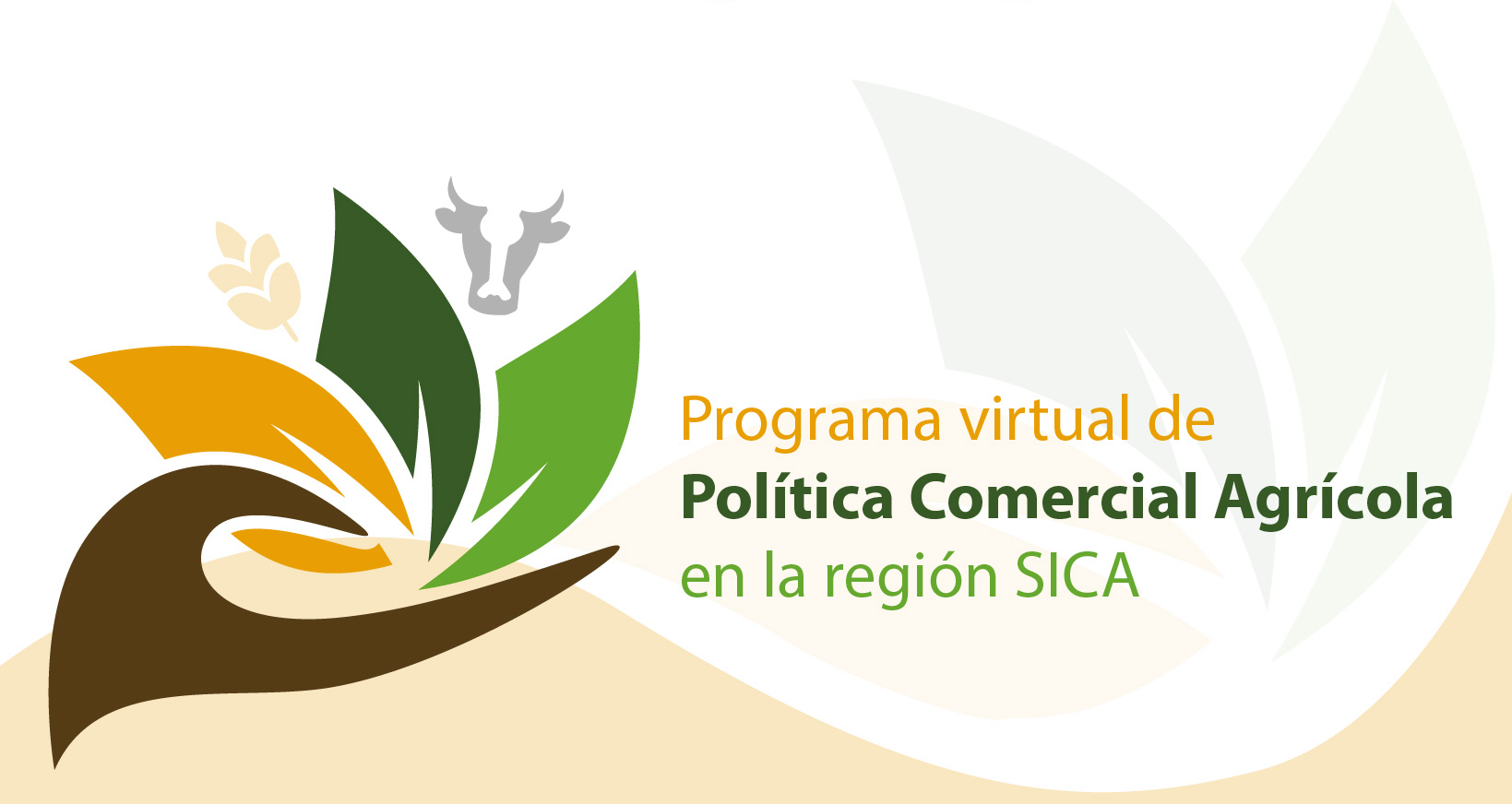The officials are pursuing an online program on Agricultural Trade Policy for the SICA region, developed by SIECA, SECAC, IICA and the FAO.

San Jose, 24 October 2023. The Executive Secretariat of the Central American Agricultural Council (SECAC), the Secretariat for Central American Economic Integration (SIECA), the Inter-American Institute for Cooperation on Agriculture (IICA) and the Food and Agriculture Organization of the United Nations (FAO) launched the “Online Program on Agricultural Trade Policy in the SICA Region”, which is targeting civil servants in the eight countries of the region.
The program is aiming to build the technical capacities of government staff in the agriculture sector of the SICA region (Costa Rica, El Salvador, Guatemala, Honduras, Nicaragua, Panama, Belize and the Dominican Republic), in matters related to international and regional trade.
By the time they have completed the program, participants will have increased their knowledge of international agrifood trade and international trade regulations in the current climate.
This training will include keynote presentations by experts from the organizing agencies, discussion forums and access to repositories that will reinforce the content and learning objectives. The course will address critical issues such as the status of global trade and the multilateral trade system, the Agreement on Agriculture, the Sanitary and Phytosanitary Agreement, the Trade Facilitation Agreement and other agriculture-related agreements, such as the Antidumping, Rules of Origin and Intellectual Property agreements.
The participants will also examine the opportunities and challenges facing Central American countries in their efforts to capitalize on trade agreements with the United States, the European Union and China in the agriculture sector.
Lucrecia Rodríguez, Executive Secretary of SECAC indicated that, “This program will be important in strengthening the institutional framework of the agriculture sector in the SICA region. During the current times of crisis and global volatility, continuous training of employees involved in agricultural trade matters is imperative.
Edith Flores de Molina, Director of the Center for Economic Integration Studies of SIECA, expressed the view that this initiative will not only strengthen technical teams in charge of implementing trade agreements, but will facilitate the sharing of information and experiences among the participants.
Daniel Rodríguez, Manager of IICA’s International Trade and Regional Integration Program stressed that building technical capacities in international trade policy will assist in improving the participation of the countries in multilateral trade forums, as well as in advancing efforts to enhance regional economic integration and to capitalize on existing trade agreements.
On the other hand, Pablo Rabczuk, a Trade and Agri-Food Systems Officer at the FAO, underscored the importance of this and other joint initiatives in the SICA region, in furthering the integration of countries and improving their ability to position themselves in intraregional and global markets, in which the agriculture sector plays a fundamental and strategic role for food security and social economic development.
About the FAO, IICA, SIECA and SECAC:
More information:
Institutional Communication Division.
comunicacion.institucional@iica.int











